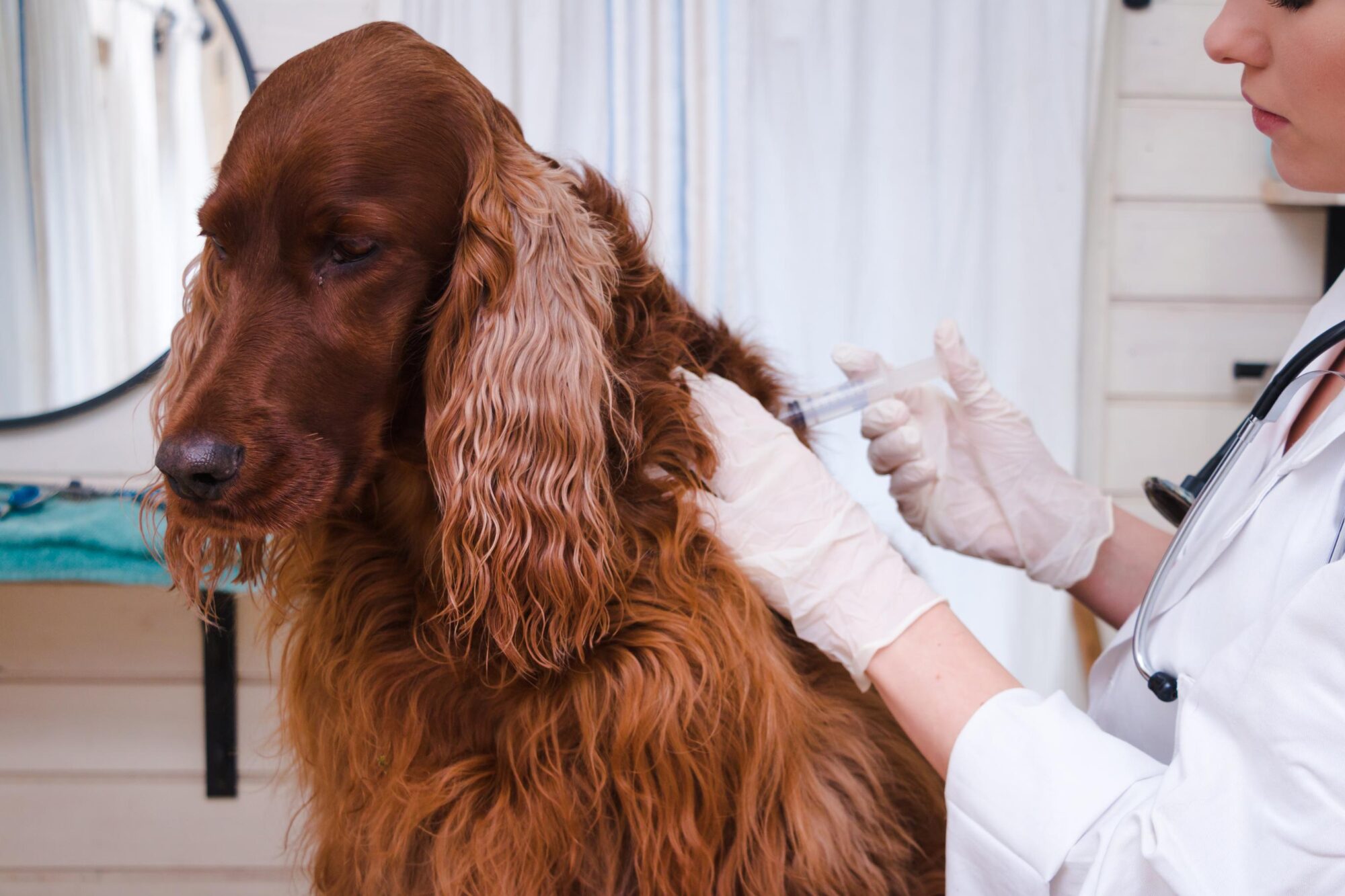The Connection Between Indiana Wildlife and Rabies Risk for Pets

Rabies is a deadly virus you’ve probably heard about, and while pets should be vaccinated against it, wild animals are not. In the Hoosier State, wildlife is everywhere: in our yards, gardens, and walking trails.
That’s why Indiana’s wildlife rabies risk is something all pet parents should know about—and be prepared for.
Today, the team at Dupont Veterinary Clinic will share what you should know about protecting pets from rabies.
How Rabies Spreads in Indiana Wildlife
Rabies is mainly spread through the saliva of infected animals, usually from a bite. When it comes to Indiana’s wild animals, rabies is most commonly found in raccoons, skunks, bats, and foxes. As cute as they may be, bats are the most frequently reported carriers of rabies in our state.
If you see a bat, fox, skunk, or raccoon near your home or farm, keep yourself and your pets far away.
All it takes is one bite or even a scratch for your pet to get infected, and from there, the virus spreads quickly to the nervous system—and to humans. Rabies is almost always fatal once symptoms appear, which is why rabies prevention is so important in Indiana.
Protecting Pets from Rabies
The best way to make sure you and your pet stay safe is to take steps to prevent a wildlife encounter. Here’s what you should do:
- Stay up-to-date with rabies vaccinations: The best way to protect pets from rabies is to make sure they’re always up-to-date on their rabies vaccines. Indiana law requires dogs, cats, and ferrets to be vaccinated against rabies by a licensed veterinarian.
- Avoid contact with wild animals: Keep your pet close to home and don’t let them roam freely in an area where they might encounter rabies in wild animals. In rural or wooded areas, keep pets on a leash or in a fenced yard when they’re outside.
- Batproof your home: Seal off any small openings in attics, garages, and sheds to deter bats and other wildlife from making nests near your home.
- Supervise outdoor time: Avoid leaving your pets outside unattended, especially at night when animals that may carry rabies are more active.
- Know the signs of rabies: A wild animal infected with rabies might foam at the mouth, act aggressively, or act abnormally. If you see an animal that isn’t acting the way a wild animal should, call your local animal control right away.
If you need your pet to get up-to-date on rabies shots, our caring team at Dupont Veterinary Clinic can help. Call us at (260) 637-7676 to schedule a rabies vaccination appointment today.
